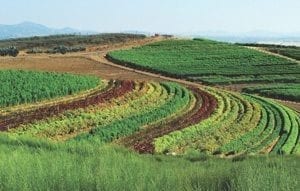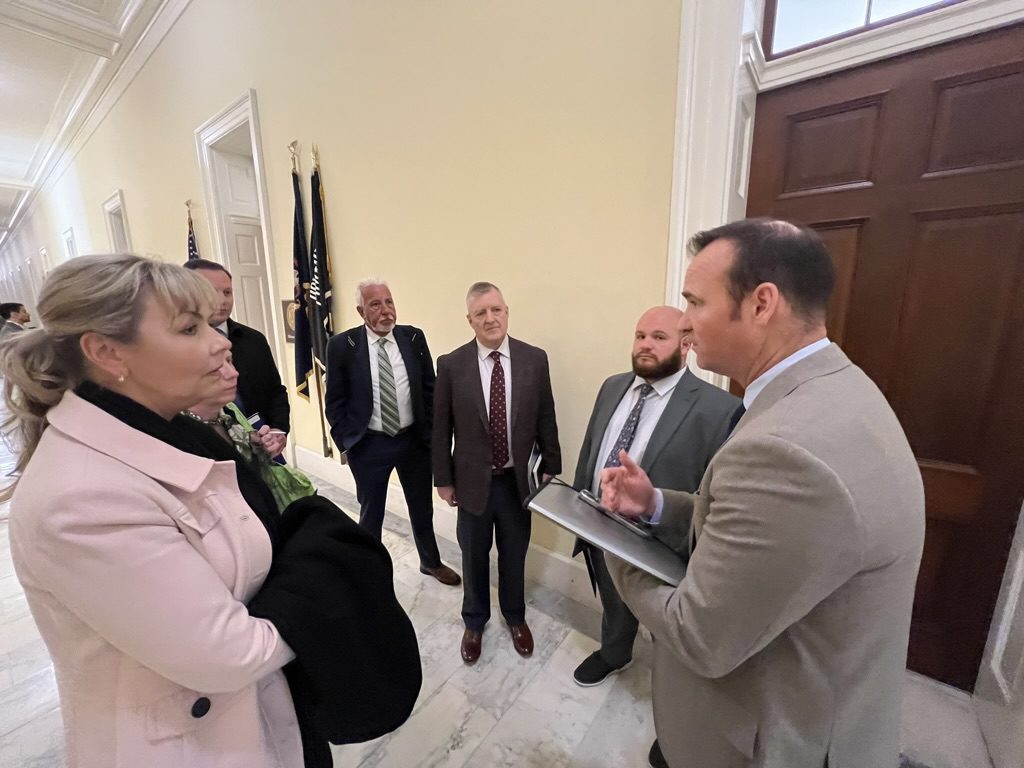 On April 12, House Agriculture Committee Chairman Mike Conaway (R-TX) released his draft text of the 2018 Farm Bill. The Chairman intends to consider the bill in the full House Agriculture Committee next week.
On April 12, House Agriculture Committee Chairman Mike Conaway (R-TX) released his draft text of the 2018 Farm Bill. The Chairman intends to consider the bill in the full House Agriculture Committee next week.
Most of the conversations and battles in the Farm Bill will be over the Supplemental Nutrition Assistance Program (SNAP), crop insurance and investments in conservation.
Far from the most visible but not without their supporters and detractors are the specialty crop programs, which include floriculture, in Titles VII and IX. Important provisions for SAF members are included below.
Title VII – Research
The Specialty Crop Research Initiative (SCRI) is continued at $80 million and includes $25 million for citrus diseases.
The Agriculture and Food Research Initiative priorities are amended to add “tools that accelerate the use of automation or mechanization for labor-intensive tasks in the production and distribution of crops.”
Budgets are tight in this Farm Bill, so while additional funds for vital specialty crop research were not included, the specialty crop industry did not lose any ground either. With the ever-increasing pressure to attract and retain labor, the importance of advances in mechanization in agriculture is evident in many parts of the Farm Bill especially the Research Title.
Title IX – Horticulture
Continues Specialty Crop Block Grants to states at a level of $85 million per year.
Maintains the Plant Pest and Disease Management program. The program will continue to have $80 million per year in funding.
Allows state and local governments to use methyl bromide during a USDA-declared emergency event.
Reconciles the Federal Insecticide, Fungicide, and Rodenticide Act (FIFRA) and the Endangered Species Act to give the EPA authority and responsibility to ensure protection of threatened or endangered species and critical habitat in connection with pesticide registrations rather than the current status where those responsibilities are housed with the U.S. Fish & Wildlife Services (USFWS) and National Marine Fisheries Service (NMFS).
Similar to the Research Title, funding for specialty crop programs in the Horticulture Title remains flat. The most significant changes in this title are around improving regulatory systems by removing duplicative processes and assuring that the agencies with the greatest depth of expertise are the ones doing the work.





